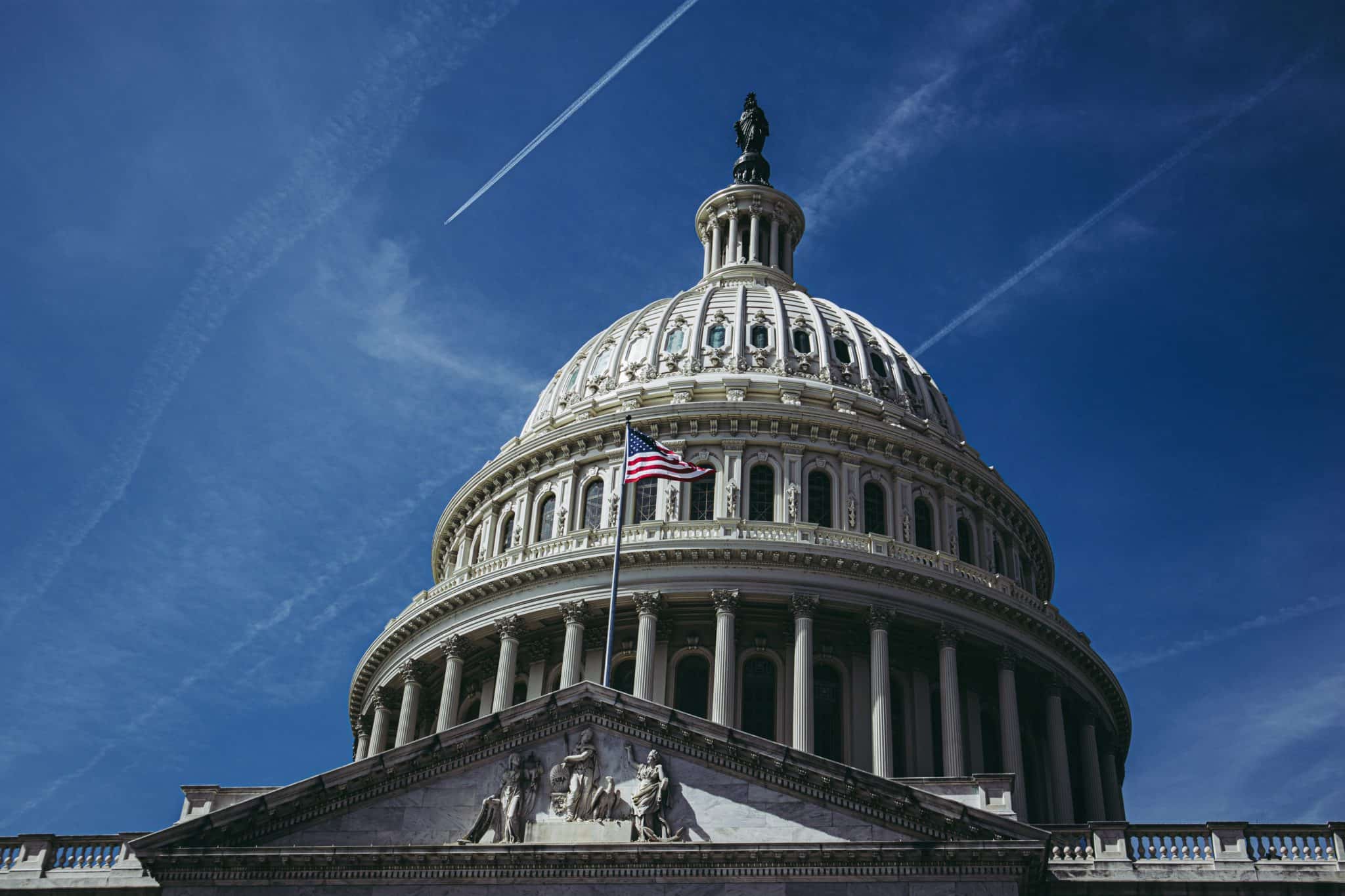William Greenlaw is a student at Harvard Law School.
Representatives from the People’s Parity Project have argued that President Biden’s bipartisan commission on Supreme Court reform is missing a key constituency: women and working people. They note that the vast majority of people testifying before the Commission have been professors teaching at elite law schools, and only a third have been women. A large concern of PPP is that the federal judiciary has expanded the scope of the Federal Arbitration Act for decades, making it virtually impossible for large proportions of the American workforce to take their employer to court if they are wronged. Yet no low-wage workers have been invited to testify before the Commission. Workers have been consistently disadvantaged by Supreme Court jurisprudence. Hence the authors note, “It’s possible these individuals don’t all have the degrees or the pedigree that the commission seems to be looking for. But they are the reason that this debate is happening at all, and it is their voices that must be heard.”
The United States federal judiciary has recently announced its opposition to legislation that would provide the same whistleblower and antidiscrimination protections as other employees. Roslynn Mauskopf, secretary to the Judicial Conference and director of the Administrative Office of the U.S. Courts, wrote that, “Unfortunately, the bill fails to recognize the robust safeguards that have been in place within the Judiciary to protect Judiciary employees, including law clerks, from wrongful conduct in the workplace, including protections against discrimination, harassment, retaliation, and abusive conduct.” In addition to leveling the whistleblower and antidiscrimination provisions, the bill would create a Commission on Judicial Integrity and a new special counsel for equal employment opportunity to investigate workplace misconduct complaints. In response, Mauskopf has criticized the new measure as an intrusive interference with the judicial branch’s independence. She noted that the courts are already an excellent place to work. In contrast, Representative Jerry Nadler, Chairman of the House Judiciary Committee and the bill’s co-sponsor, has said, “the federal Judiciary has failed to take effective steps to protect their employees from harassment, discrimination, retaliation, and other misconduct.”
California’s Department of Fair Employment and Housing, in addition to its battle with billionaire game developer Activision Blizzard, has now accused Riot Games, another billionaire game developer, of trying to silence ex-employees. California began its investigation of Riot Games years ago for its failure to pay women equally and offer fair opportunities for promotions, as well as sexual harassment. Riot Games announced a class settlement in 2019. California intervened in the settlement because it claimed that it undercompensated women and was a trap designed to prevent victims from speaking with state regulators. California thus asked for corrective notices to be sent to employees who signed settlement agreements. Riot has since sent 475 such notices. Riot Games is now accused of delaying the transfer of information of those employees to the State. Riot has described these efforts as abusive and threatened to motion for sanctions.






Daily News & Commentary
Start your day with our roundup of the latest labor developments. See all
February 13
Sex workers in Nevada fight to become the nation’s first to unionize; industry groups push NLRB to establish a more business-friendly test for independent contractor status; and UFCW launches an anti-AI price setting in grocery store campaign.
February 12
Teamsters sue UPS over buyout program; flight attendants and pilots call for leadership change at American Airlines; and Argentina considers major labor reforms despite forceful opposition.
February 11
Hollywood begins negotiations for a new labor agreement with writers and actors; the EEOC launches an investigation into Nike’s DEI programs and potential discrimination against white workers; and Mayor Mamdani circulates a memo regarding the city’s Economic Development Corporation.
February 10
San Francisco teachers walk out; NLRB reverses course on SpaceX; NYC nurses secure tentative agreements.
February 9
FTC argues DEI is anticompetitive collusion, Supreme Court may decide scope of exception to forced arbitration, NJ pauses ABC test rule.
February 8
The Second Circuit rejects a constitutional challenge to the NLRB, pharmacy and lab technicians join a California healthcare strike, and the EEOC defends a single better-paid worker standard in Equal Pay Act suits.